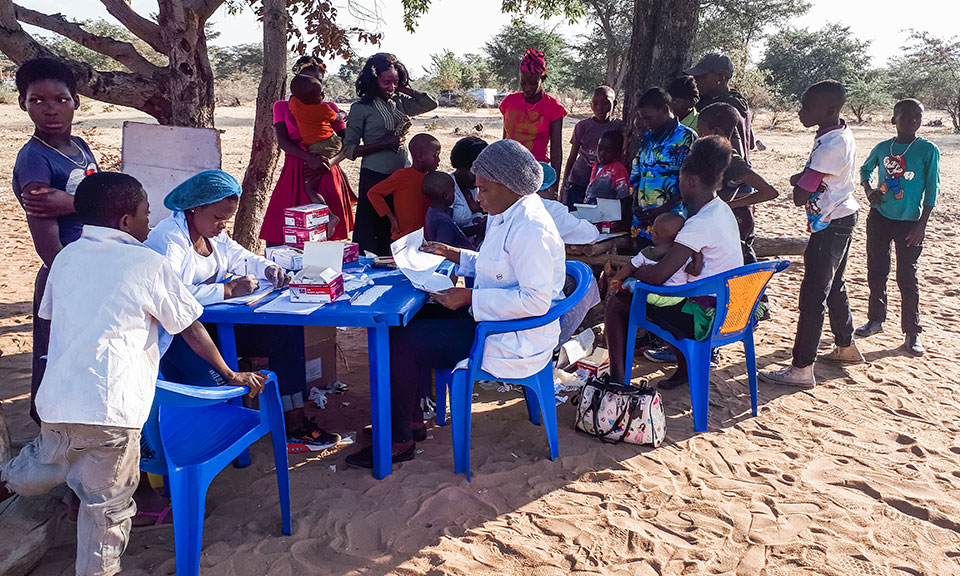Good HEALTH and well-being are vital for development, and ADPP seeks to support individuals and communities in systematically preventing, treating and overcoming communicable disease and in adopting healthier lifestyles
ADPP’s health work is based on the premise that by mobilising communities through knowledge empowerment, and facilitating access to prevention and treatment, people’s behaviours will change and they will live more fulfilling and healthy lives. This is done by working with schools-based programmes, via Community Health Agents programmes or a combination of both.
Irrespective of approach, the aim is to enable individuals to make conscious and informed decisions about personal health, families to take measures for the whole household and community members to work together to reduce or eliminate sources of infection and disease.
ADPP's community health work is carried out in collaboration with the Ministry of Health and local administrations.
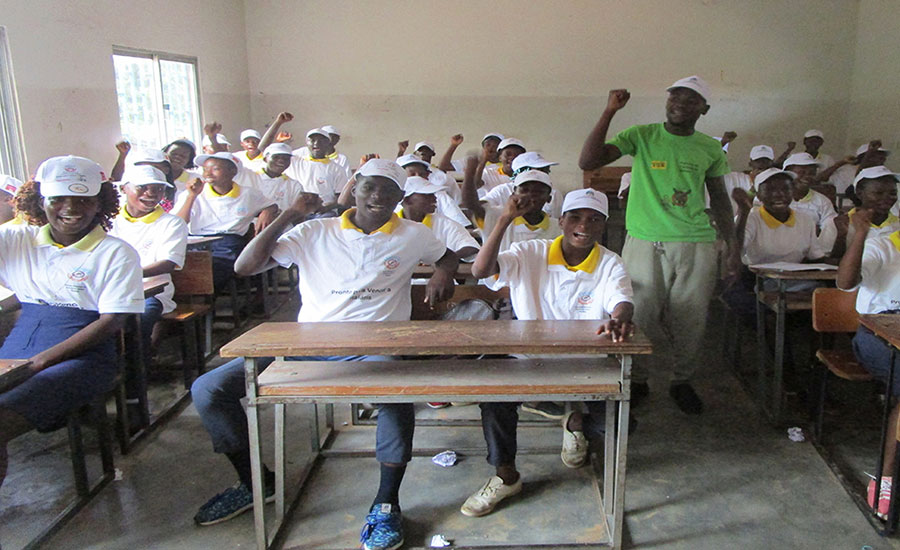
MALARIA
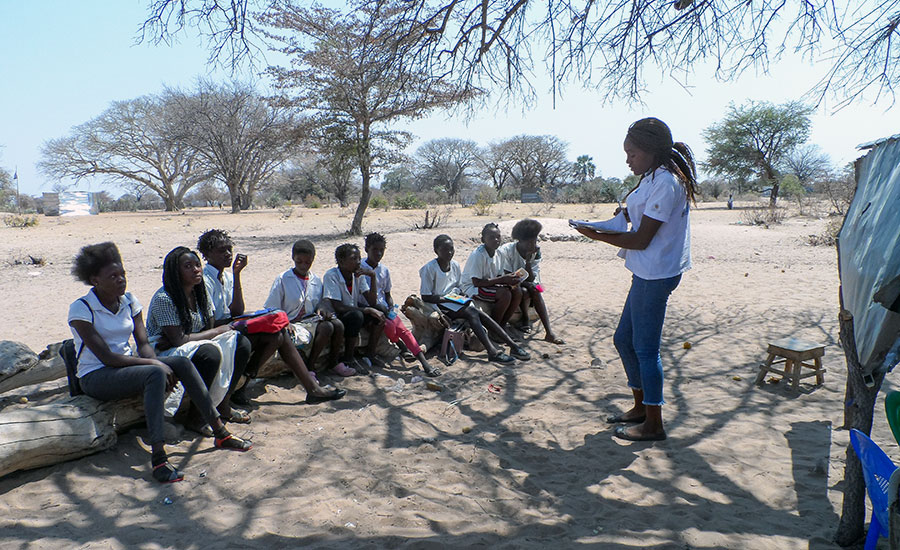
HIV/AIDS
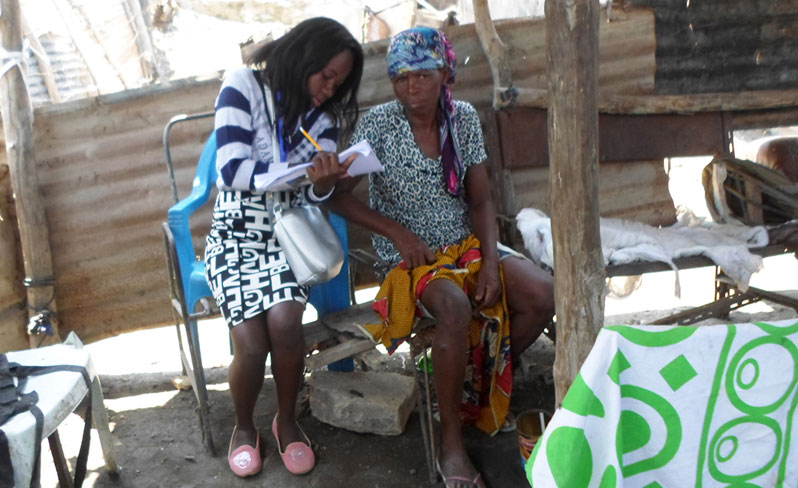
TUBERCULOSIS
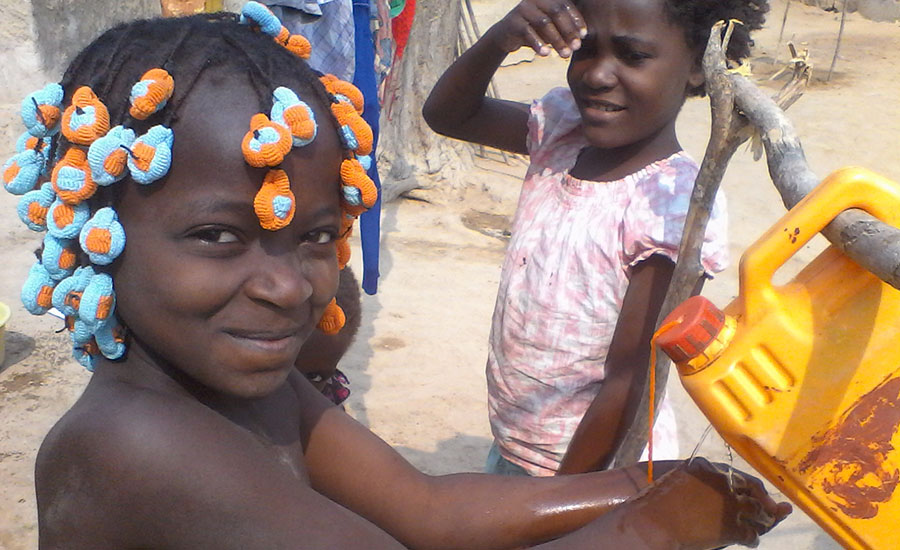
WATER & SANITATION
CRONOGRAMA
The Community HIV/AIDS and Tuberculosis Project is a public-private...
The Community HIV/AIDS and Tuberculosis Project is a public-private partnership developed under the...
AS METAS GLOBAIS
Reduzir a Mortalidade Materna
Acabar com Todas as Mortes Preveníeis em crianças abaixo dos 5 Anos
Acesso Universal a Cuidados Reprodutivos
Combater as Doenças Transmissíveis




